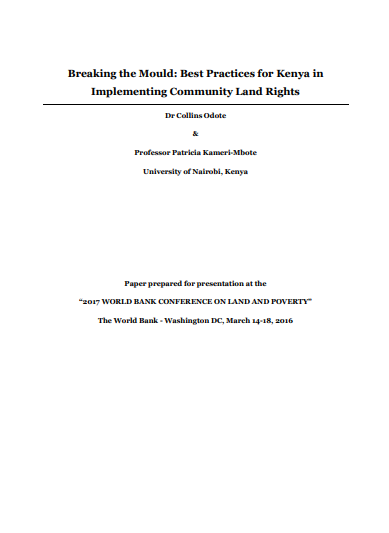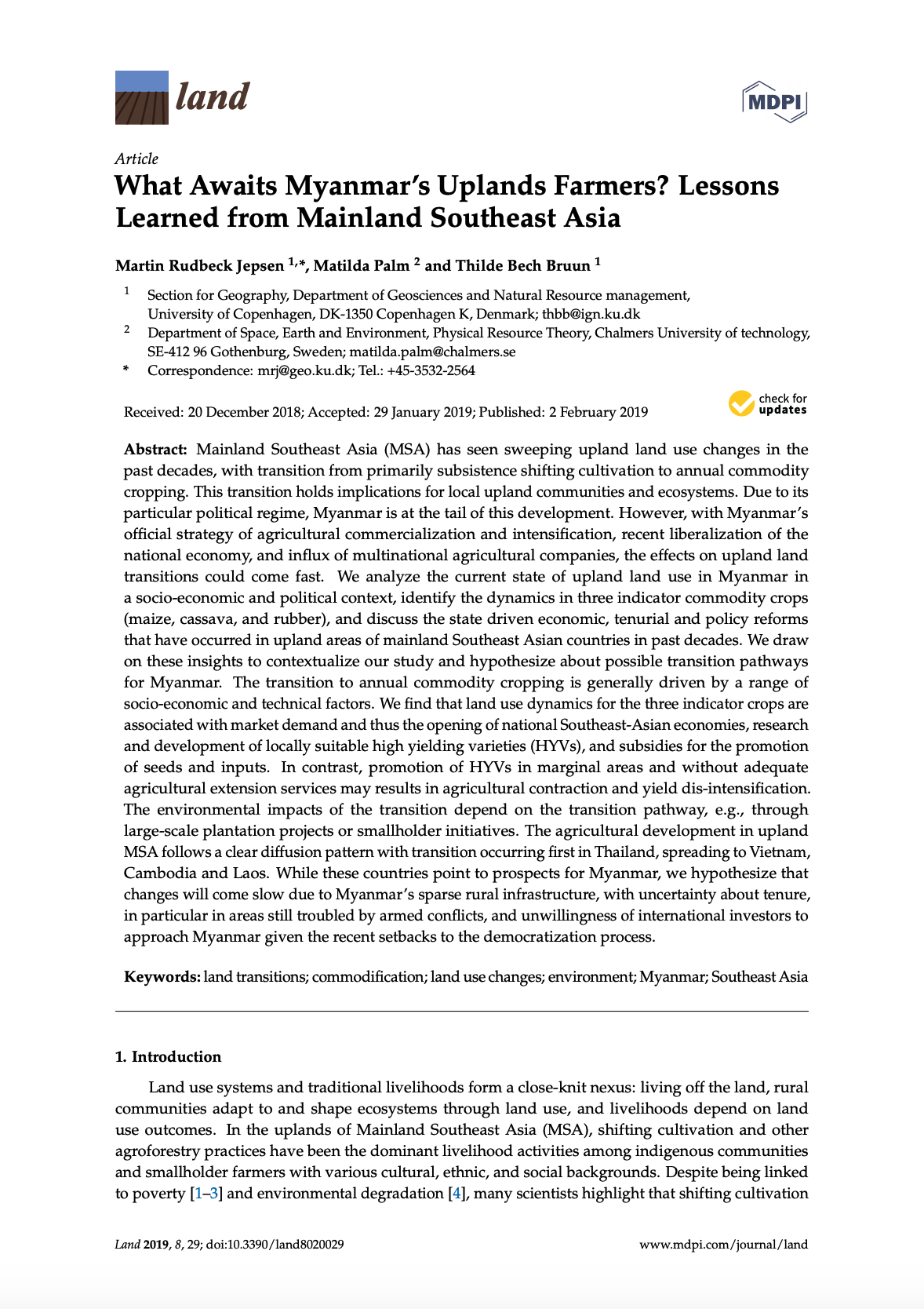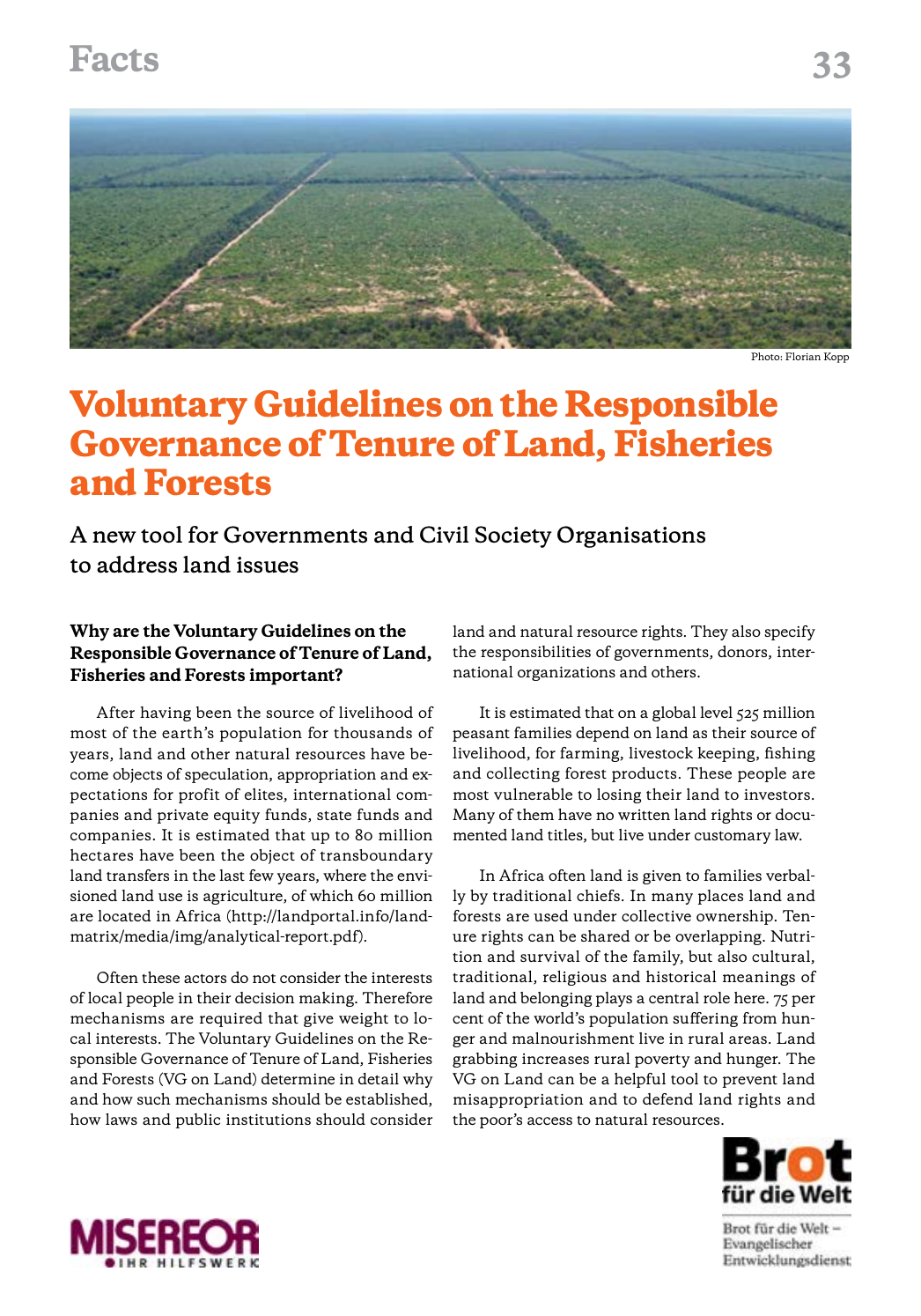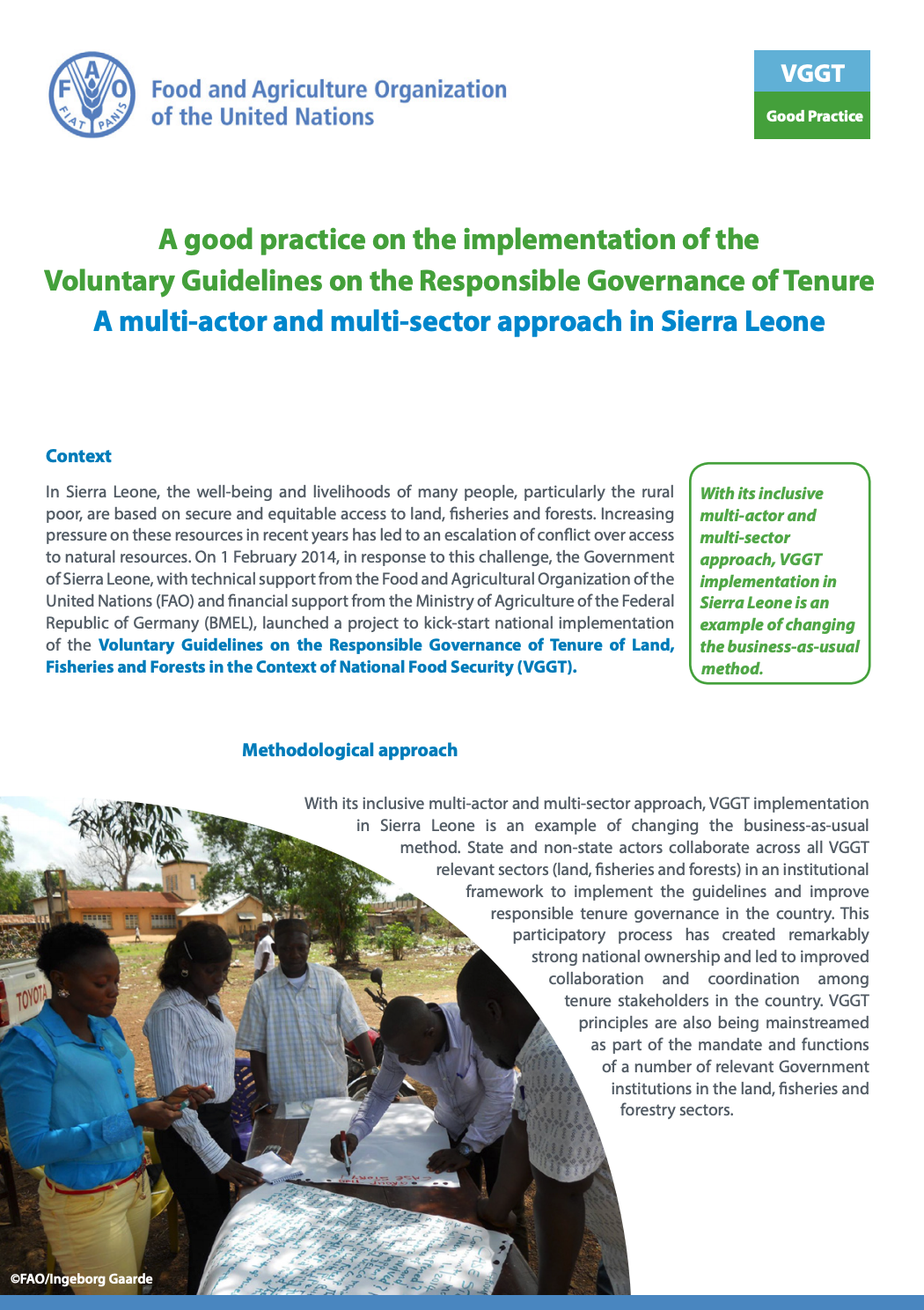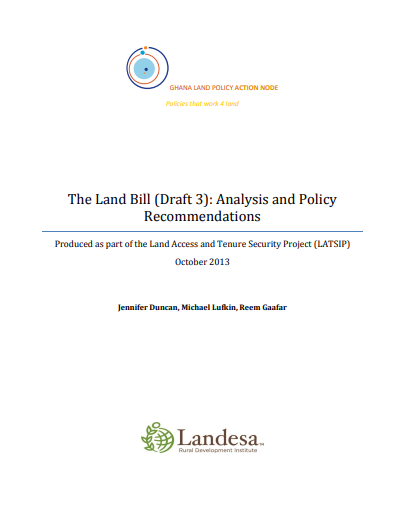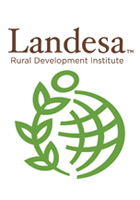Land access, off - farm income and capital access in relation to the reduction of rural poverty
The current framework of economic growth and development includes a general trend towards the privatization of land rights and a collapse of collective structures in agriculture as well as a move towards reliance on land markets as the means of peasant access to participation in the development process. Despite the removal of land reform as an explicit part of the policy agenda, it is clear that the situations which led to the activation of land reforms in past decades are still in place.


